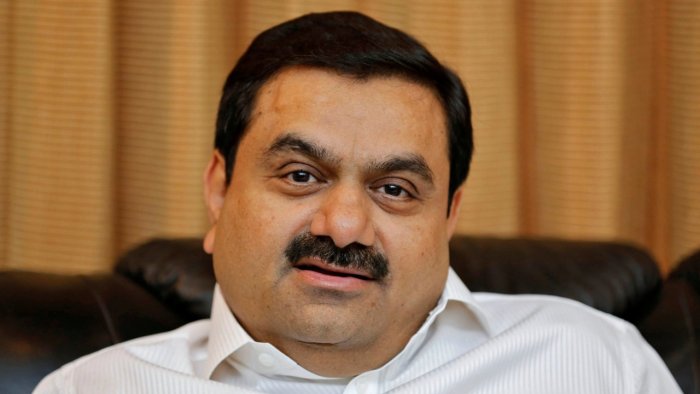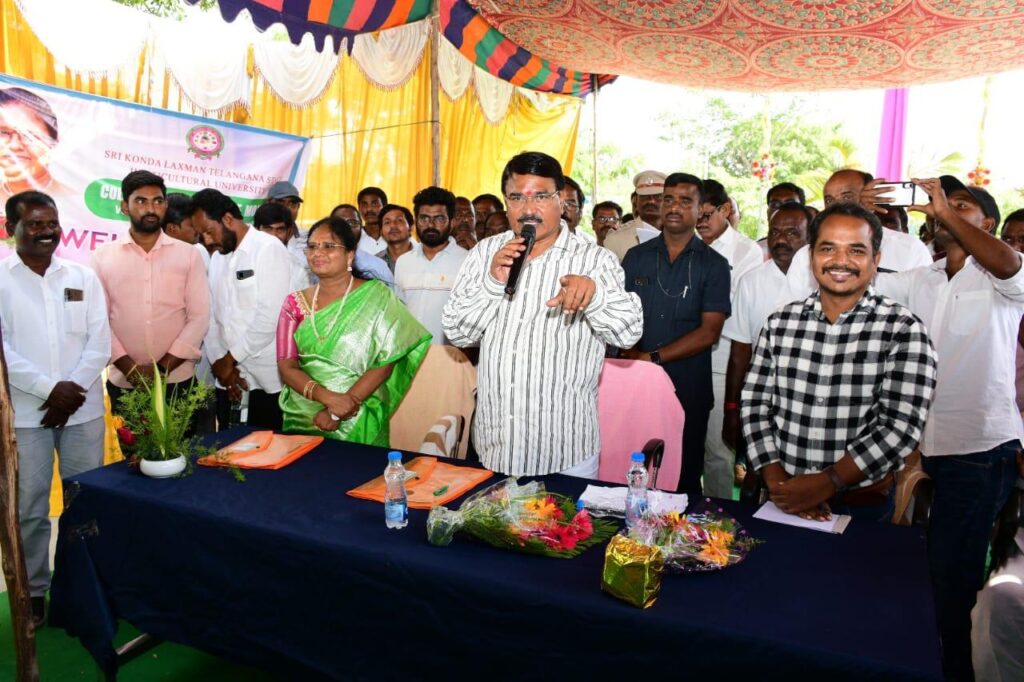Rama Krishna Sangem
SEBI (Securities Exchange Board of India) has almost gave up hopes on taking to logical ends its probe into US based short seller Hindenburg’s charges against Adani group. This is what SEBI is going to tell the Supreme Court which ordere an investigation into the charges this March. Hindenburg’s sensational report on January 24 this year alleged many irregularities by Gautam Adani led Adani Group.
This is the gist of a Reuters report on October 5, Thursday. If this is the case, we may never get to see the truth into the entire episode – of Hindenburg charges and Adani’s denial of them. The SC has taken up the case and asked the SEBI which he highest and authentic agency in our country to probe corporate frauds, to find out the truth and submit a report to it. Already, the dates for submission of a report was extended once.
A major reason mentioned by SEBI sources for their inability to find out the truth in the case is most of the transactions between Adani group and its shareholders took place abroad – in foreign countries. SEBI has no jurisdiction to go seek information from these companies, shell or real, on the alleged transactions. SEBI will be telling this to SC, when the case comes up for hearing soon. Then, the apex court might decide on the next course of its steps to dig the truth.
Probe started in 2014, but no progress
India’s markets regulator will tell the country’s top court why it paused, then restarted investigations into the Adani Group after a tip in 2014 amid questions around regulatory delays, according to two people with direct knowledge of the matter.
The Securities and Exchange Board of India (Sebi) will say for the first time that India’s customs authority alerted it to an alleged misuse of offshore funds by Adani Group companies in 2014 but that the initial investigation did not yield anything and was paused in 2017, the sources said.
Sebi restarted investigations into the group this year after U.S.-based short-seller Hindenburg Research raised governance concerns – allegations Adani Group has denied. Both sources declined to be named because they are not authorised to speak to the media. Sebi did not respond to an email seeking comment. UK Sinha, who was chairperson of Sebi during the investigations, declined Reuters requests for comment.
Sebi has not before said it investigated the group in 2014, and the regulator’s plan to clarify the timeline of investigations has not been reported. A public interest litigant told the Supreme Court in September 2023 that Sebi had concealed the 2014 alert, which alleged stock price manipulation using offshore entities.
SEBI got no data from foreign countries
One of the sources said Sebi pursued the allegations after being alerted in January 2014. Between then and 2017, Sebi sought but failed to get data from foreign jurisdictions, the second source said.
India’s Directorate of Revenue Intelligence (DRI) also investigated. DRI in the alert to Sebi had alleged Adani Group companies over-valued equipment and machinery imported from a United Arab Emirates (UAE)-based entity, according to court documents. DRI suspected some of the funds used in those transactions may have found their way back into the Adani Group’s listed companies, according to a letter from DRI to Sebi in January 2014, seen by Reuters.
But a DRI adjudicator dismissed the customs department’s charges in 2017, the source said. After this, Sebi investigation fell by the wayside,” the source said. In a status report in August, Sebi said it had nearly completed its probe, but continues to investigate possible violation of public float rules by Adani Group using offshore funds and irregular trading before the Hindenburg report was published, according to court filings.



